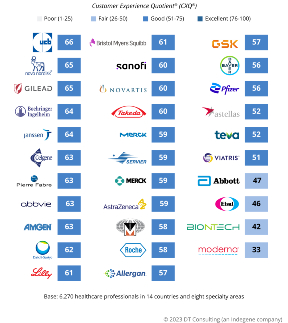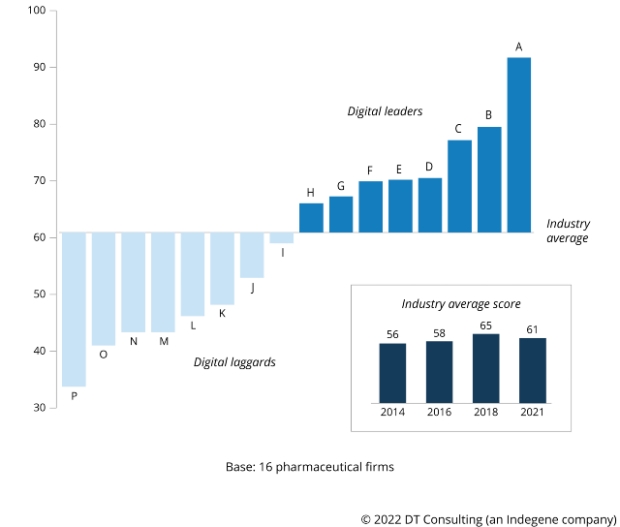All those Zoom calls, sour dough tutorials and TikTok videos, not to mention a mass transition to working from home, are having an effect in the UK, where internet use has surged to record levels under lockdown.
New figures from Ofcom show that adults spend more than quarter of their waking day online, using the internet on average for four hours and two minutes a day in April, up from just under three and a half hours in September last year.

The media regulator’s Online Nation report also found that the COVID-19 pandemic is also changing the way we communicate, building on the pre-lockdown trend for people to prefer the likes of WhatsApp and Facebook Messenger to traditional SMS text messages.
In the 12 months to February 2020 52% of online adults in the UK used online messaging platforms to send daily text messages, compared to SMS (41%) or email (26%), but video calls really came into their own when public health concerns prevented face-to-face contact.
 Overall, the proportion of UK online adults making at least one video call a week doubled during lockdown (up from 35% to 71%) but, in a crowded market of services like MS Teams, Google Hangouts and Facetime, one platform in particular really took off.
Overall, the proportion of UK online adults making at least one video call a week doubled during lockdown (up from 35% to 71%) but, in a crowded market of services like MS Teams, Google Hangouts and Facetime, one platform in particular really took off.
Zoom’s user base among UK adults skyrocketed, rising from 659,000 in January to 13 million in April, as it practically become synonymous with keeping up with friends and family during the pandemic’s enforced separations.
Other digital winners from our lockdown lifestyles have been TikTok, which reached 12.9 million UK adult visitors in April (up from just 5.4 million in January), and Houseparty, whose numbers went from 175,000 to 4 million in the same period.
During this time many of these video-sharing platforms rapidly introduced new product features in response to the coronavirus pandemic.
Instagram’s shared stories helped those practicing social distancing to connect with others, while TikTok’s #IsolationGames challenge connected users with Team GB athletes and Snapchat partnered with the WHO to launch a filter promoting WHO safety tips and guidelines.
 Their rising popularity one of the ways communications and media consumption are changing, with one third (32%) of online adults now spend more time viewing video-sharing services than traditional TV.
Their rising popularity one of the ways communications and media consumption are changing, with one third (32%) of online adults now spend more time viewing video-sharing services than traditional TV.
Alongside this two in five adults in the UK – and 59% of older children – now create and upload videos themselves, driving an explosion in short-form, user-generated content.
Naturally, the digital legacy of lockdown remains a matter of conjecture for now, but it’s hard to see all of these newly-learned online behaviours being forgotten even when the COVID-19 lockdown restrictions are fully eased.






